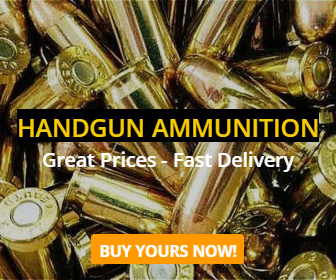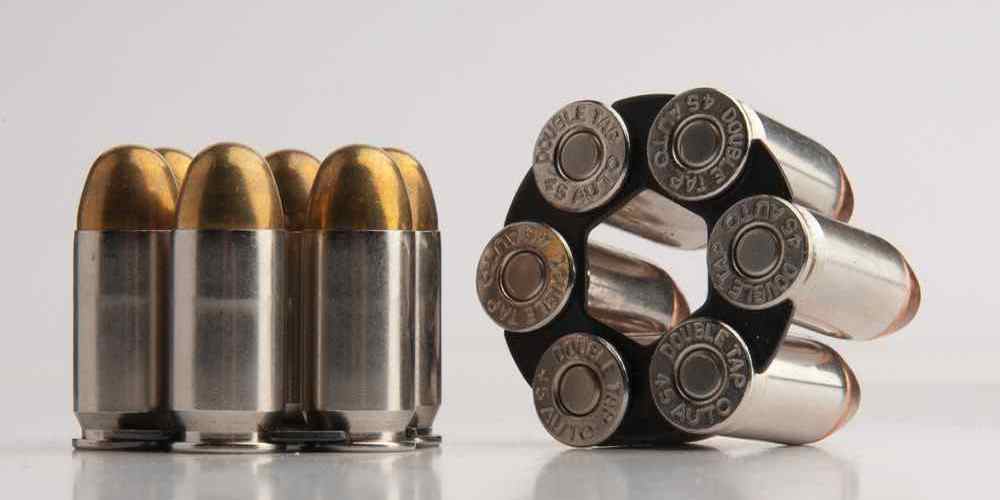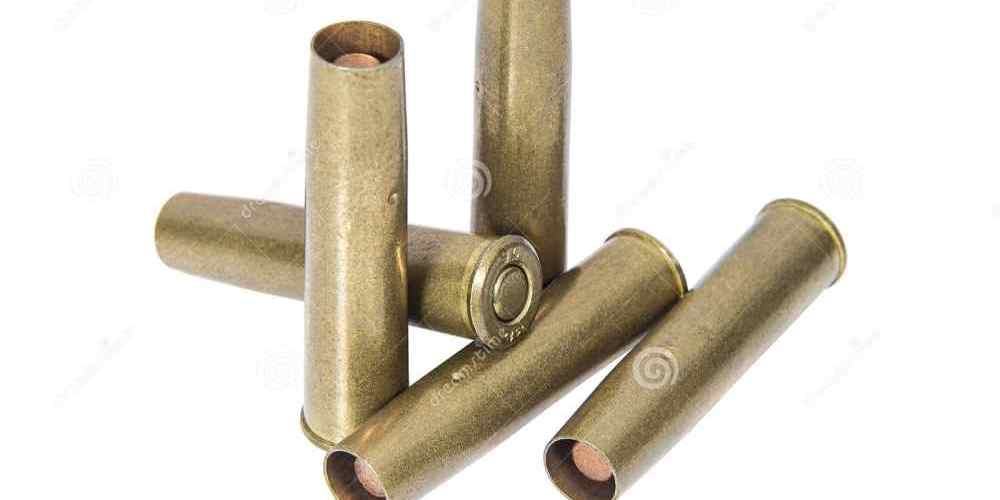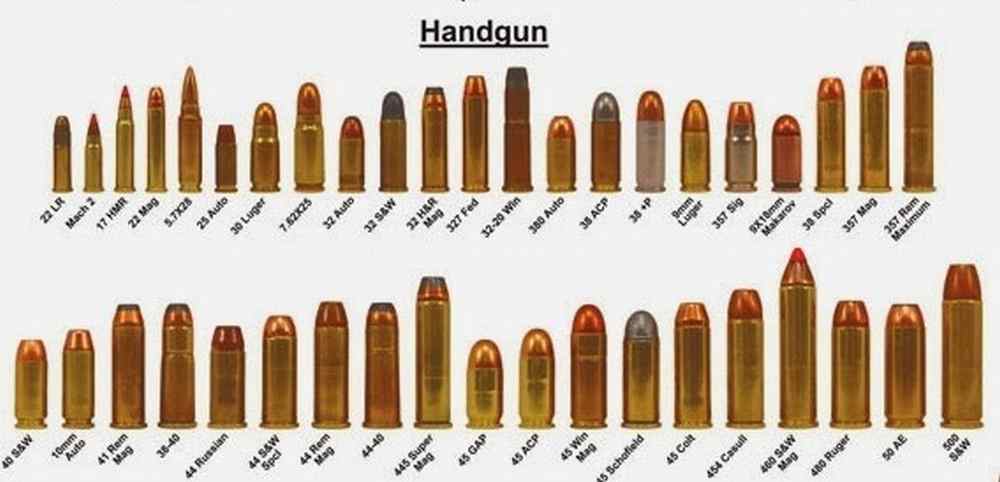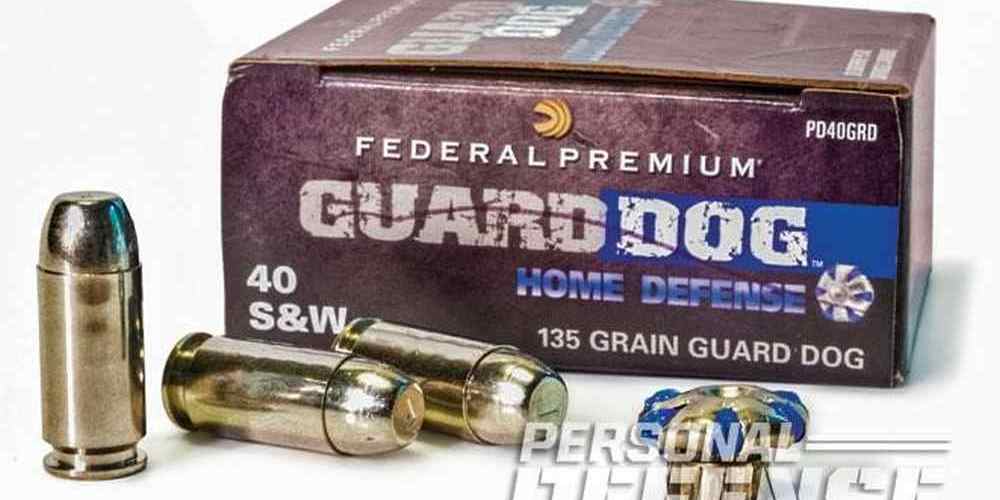“Jacketed Hollow Point: Maximum stopping power. Semi-Wadcutter: Precision and penetration for defense.”
Effectiveness of Jacketed Hollow Point (JHP) vs. Semi-Wadcutter (SWC) in Self-Defense Situations
When it comes to choosing the right ammunition for self-defense, there are a variety of options available on the market. Two popular choices are Jacketed Hollow Point (JHP) and Semi-Wadcutter (SWC) bullets. Both types of ammunition have their own unique characteristics and advantages, but which one is more effective in self-defense situations?
Jacketed Hollow Point (JHP) bullets are designed to expand upon impact, creating a larger wound channel and transferring more energy to the target. This expansion helps to maximize stopping power and reduce the risk of over-penetration, which can be a concern in crowded or urban environments. JHP bullets are also less likely to ricochet or pass through walls, making them a safer choice for home defense.
On the other hand, Semi-Wadcutter (SWC) bullets have a flat nose and sharp edges, which can create a larger wound channel than traditional round-nose bullets. This design allows for better penetration and can be more effective at breaking through barriers such as clothing or bone. SWC bullets are also known for their accuracy and are often used in target shooting and competition.
In terms of stopping power, JHP bullets are generally considered to be more effective than SWC bullets. The expansion of the JHP bullet upon impact creates a larger wound channel, which can cause more damage to vital organs and tissues. This increased stopping power can be crucial in a self-defense situation where every second counts.
However, SWC bullets are known for their deep penetration and ability to break through barriers. In some cases, this can be an advantage, especially if the target is wearing heavy clothing or is behind cover. The sharp edges of the SWC bullet can also create more tissue damage, although not as much as the expansion of a JHP bullet.
When it comes to accuracy, SWC bullets have the edge over JHP bullets. The flat nose and sharp edges of the SWC bullet make it more stable in flight and less prone to tumbling or veering off course. This can be important in a self-defense situation where accuracy is crucial, especially at longer distances.
In conclusion, both Jacketed Hollow Point (JHP) and Semi-Wadcutter (SWC) bullets have their own unique advantages and disadvantages when it comes to self-defense. JHP bullets are known for their expansion and stopping power, while SWC bullets excel in penetration and accuracy. Ultimately, the best choice of ammunition will depend on your personal preferences and the specific circumstances of your self-defense situation.
Whether you choose JHP or SWC bullets, it is important to practice regularly with your chosen ammunition to ensure accuracy and proficiency. Remember, the most effective self-defense tool is the one you are comfortable and confident using.

Penetration and Expansion Comparison between JHP and SWC Bullets
When it comes to choosing the right ammunition for self-defense, there are a variety of factors to consider. Two popular options for defensive ammunition are Jacketed Hollow Point (JHP) and Semi-Wadcutter (SWC) bullets. Both types of bullets have their own unique characteristics that make them suitable for self-defense situations. In this article, we will compare the penetration and expansion capabilities of JHP and SWC bullets to help you make an informed decision.
Jacketed Hollow Point (JHP) bullets are designed to expand upon impact, creating a larger wound channel and transferring more energy to the target. This expansion is achieved through the hollow cavity at the tip of the bullet, which allows the bullet to mushroom upon impact. This increased diameter of the bullet helps to maximize tissue damage and increase stopping power.
On the other hand, Semi-Wadcutter (SWC) bullets have a flat nose and sharp shoulder, which allows for clean cuts through tissue upon impact. This design helps to create a larger wound channel and increase the likelihood of hitting vital organs. SWC bullets are known for their ability to penetrate deeply into the target, making them a popular choice for self-defense.
When comparing the penetration capabilities of JHP and SWC bullets, it is important to consider the intended use of the ammunition. JHP bullets are designed to expand upon impact, which can sometimes result in shallower penetration. This can be beneficial in situations where over-penetration is a concern, such as in crowded areas or in home defense scenarios.
On the other hand, SWC bullets are known for their deep penetration capabilities. The flat nose and sharp shoulder of SWC bullets help to create a clean wound channel, allowing the bullet to penetrate deeply into the target. This can be advantageous in situations where maximum penetration is desired, such as in encounters with heavily clothed assailants or in situations where barriers may be present.
In terms of expansion capabilities, JHP bullets have the advantage due to their design. The hollow cavity at the tip of the bullet allows for rapid expansion upon impact, creating a larger wound channel and increasing stopping power. This expansion helps to transfer more energy to the target, increasing the likelihood of incapacitating the threat.
SWC bullets, while not designed for expansion, are known for their ability to create clean cuts through tissue. The flat nose and sharp shoulder of SWC bullets help to create a larger wound channel, increasing the likelihood of hitting vital organs and incapacitating the threat. While SWC bullets may not expand like JHP bullets, their design still allows for effective stopping power.
In conclusion, both Jacketed Hollow Point (JHP) and Semi-Wadcutter (SWC) bullets have their own unique characteristics that make them suitable for self-defense situations. JHP bullets are known for their expansion capabilities, while SWC bullets excel in penetration. When choosing between the two, it is important to consider the intended use of the ammunition and select the option that best suits your needs. Ultimately, the decision between JHP and SWC bullets will depend on your personal preferences and the specific requirements of your self-defense situation.
Recoil and Accuracy Differences when using JHP vs. SWC Ammunition for Defense
When it comes to choosing ammunition for self-defense, there are a variety of factors to consider. Two popular options are Jacketed Hollow Point (JHP) and Semi-Wadcutter (SWC) bullets. Both have their own unique characteristics that can impact recoil and accuracy, which are crucial aspects to consider when selecting ammunition for defense.
Let’s start by discussing recoil. Recoil is the backward movement of a gun when it is fired. It is important to consider recoil when choosing ammunition for self-defense, as excessive recoil can affect your ability to accurately shoot multiple rounds in quick succession. JHP bullets are known for their ability to expand upon impact, which can help to create a larger wound channel and increase stopping power. However, this expansion can also lead to increased recoil compared to SWC bullets.
On the other hand, SWC bullets have a flat nose that cuts a clean hole through the target, which can help to reduce recoil. This can be beneficial for shooters who are sensitive to recoil or who are looking for a more comfortable shooting experience. Additionally, the flat nose of SWC bullets can help to improve accuracy by providing a more consistent flight path.
When it comes to accuracy, both JHP and SWC bullets have their own advantages. JHP bullets are designed to expand upon impact, which can help to create a larger wound channel and increase the likelihood of hitting vital organs. This can be beneficial in a self-defense situation where stopping power is crucial. However, the expansion of JHP bullets can also lead to decreased accuracy at longer distances.
SWC bullets, on the other hand, have a flat nose that can help to improve accuracy by providing a more consistent flight path. This can be beneficial for shooters who are looking to make precise shots at longer distances. Additionally, the flat nose of SWC bullets can help to cut through barriers such as clothing or bone, which can be important in a self-defense situation.
In conclusion, when choosing between JHP and SWC ammunition for self-defense, it is important to consider the impact of recoil and accuracy. JHP bullets are known for their ability to expand upon impact, which can increase stopping power but also lead to increased recoil and decreased accuracy at longer distances. SWC bullets, on the other hand, have a flat nose that can help to reduce recoil and improve accuracy, making them a good choice for shooters who are looking for a comfortable shooting experience and precise shots at longer distances.
Ultimately, the best choice of ammunition for self-defense will depend on your personal preferences and shooting style. It is important to test out different types of ammunition to see which one works best for you. Whether you choose JHP or SWC bullets, the most important thing is to practice regularly and be prepared to defend yourself in any situation.
Terminal Ballistics of Jacketed Hollow Point (JHP) vs. Semi-Wadcutter (SWC) Bullets
When it comes to choosing the right ammunition for self-defense, there are a variety of factors to consider. One of the most important aspects to take into account is terminal ballistics, or how a bullet performs upon impact with a target. In this article, we will compare two popular types of bullets for self-defense: Jacketed Hollow Point (JHP) and Semi-Wadcutter (SWC).
Jacketed Hollow Point (JHP) bullets are designed to expand upon impact, creating a larger wound channel and transferring more energy to the target. This expansion is achieved through the hollow cavity at the tip of the bullet, which allows the bullet to mushroom upon impact. This increased diameter can lead to more tissue damage and a higher likelihood of stopping an attacker.
On the other hand, Semi-Wadcutter (SWC) bullets have a flat nose and sharp edges, which can create a larger wound channel compared to traditional round-nose bullets. The flat nose design also helps to cut through tissue more efficiently, potentially causing more damage to vital organs. However, SWC bullets do not expand like JHP bullets, which can limit their effectiveness in terms of stopping power.
In terms of terminal ballistics, JHP bullets have a clear advantage over SWC bullets. The expansion of the JHP bullet upon impact creates a larger wound channel and increases the likelihood of hitting vital organs. This can lead to quicker incapacitation of an attacker and a higher chance of survival for the defender.
Another important factor to consider when choosing between JHP and SWC bullets is overpenetration. Overpenetration occurs when a bullet passes through the target and continues on its trajectory, potentially hitting unintended targets. JHP bullets are less likely to overpenetrate compared to SWC bullets, as the expansion of the JHP bullet helps to slow it down upon impact.
In terms of stopping power, JHP bullets are generally considered to be more effective than SWC bullets. The expansion of the JHP bullet creates a larger wound channel and transfers more energy to the target, increasing the likelihood of stopping an attacker in their tracks. SWC bullets, while effective in their own right, do not expand like JHP bullets and may not cause as much tissue damage.
In conclusion, when it comes to terminal ballistics for self-defense, Jacketed Hollow Point (JHP) bullets are the clear winner over Semi-Wadcutter (SWC) bullets. The expansion of the JHP bullet upon impact creates a larger wound channel and increases the likelihood of hitting vital organs, leading to quicker incapacitation of an attacker. Additionally, JHP bullets are less likely to overpenetrate compared to SWC bullets, making them a safer choice for self-defense situations. Ultimately, the choice between JHP and SWC bullets comes down to personal preference and the specific needs of the defender.
Legal Considerations and Recommendations for Choosing JHP or SWC for Self-Defense
When it comes to choosing the right ammunition for self-defense, there are a variety of factors to consider. Two popular options are Jacketed Hollow Point (JHP) and Semi-Wadcutter (SWC) bullets. Both have their own advantages and disadvantages, so it’s important to understand the legal considerations and recommendations for choosing between the two.
Jacketed Hollow Point bullets are designed to expand upon impact, creating a larger wound channel and increasing the likelihood of stopping an attacker. This expansion also helps to prevent over-penetration, reducing the risk of injuring innocent bystanders. In a self-defense situation, this can be crucial in ensuring the safety of yourself and others.
On the other hand, Semi-Wadcutter bullets have a flat nose that cuts a clean hole through the target, making them ideal for target shooting and practice. While they may not expand as much as JHP bullets, they still deliver a significant amount of stopping power and are effective for self-defense purposes.
When it comes to legal considerations, it’s important to remember that the use of deadly force in self-defense is a serious matter. In many jurisdictions, there are specific laws governing the use of firearms and ammunition in self-defense situations. It’s important to familiarize yourself with these laws and ensure that you are in compliance with them when choosing your ammunition.
In general, JHP bullets are considered more “defensive” ammunition, as they are specifically designed to stop a threat. This can be an important factor in legal proceedings, as using ammunition that is specifically designed for self-defense can demonstrate that you were acting in a reasonable and responsible manner.
On the other hand, SWC bullets are often seen as more “target” ammunition, as they are commonly used for practice and competition shooting. While they can still be effective for self-defense, using them in a defensive situation may raise questions about your intent and preparedness.
Ultimately, the choice between JHP and SWC bullets for self-defense comes down to personal preference and comfort level. If you are more comfortable with the idea of using ammunition that is specifically designed for self-defense, then JHP bullets may be the right choice for you. On the other hand, if you are confident in your ability to use SWC bullets effectively in a self-defense situation, then they may be a suitable option as well.
Regardless of which type of ammunition you choose, it’s important to practice regularly with your chosen ammunition to ensure that you are comfortable and proficient with it. Familiarizing yourself with the performance of your chosen ammunition can help you make informed decisions in high-stress situations and increase your chances of successfully defending yourself.
In conclusion, both Jacketed Hollow Point and Semi-Wadcutter bullets have their own advantages and disadvantages when it comes to self-defense. Understanding the legal considerations and recommendations for choosing between the two can help you make an informed decision that is right for you. Ultimately, the most important factor is to choose ammunition that you are comfortable and proficient with, so that you can effectively defend yourself in a dangerous situation.


